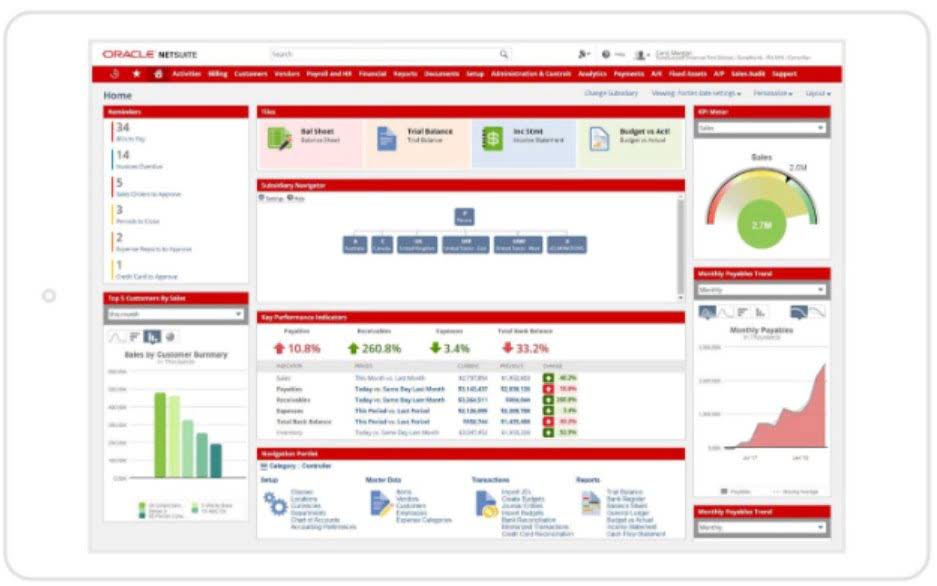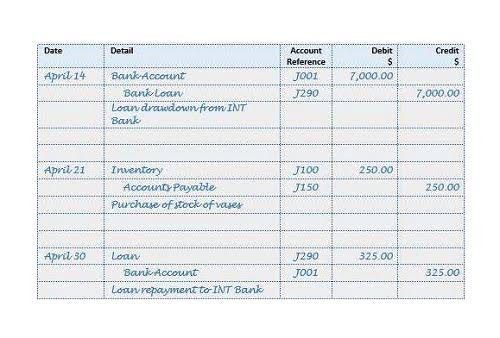Accounting Principles: What They Are and How GAAP and IFRS Work
- aliraka
- 0 Comments

Another easy to use option that’s Legal E-Billing perfect for self-employed entrepreneurs who need an affordable accounting solution is Neat. This rule applies to expenses and income such as salaries, sales, purchases and commissions. A CPA, or “Certified Public Accountant”, is recognized in the accounting field. It is a designation that is considered challenging to obtain, with exact requirements varying from state to state. However, upon receiving the designation, a CPA is considered an expert in the field of accounting, and would typically enjoy a much higher salary than that of an accountant. For a breakdown on the differences between an accountant and a CPA, check out “Is a CPA the Same as an Accountant?
Basic Accounting Terminology and Concepts

It provides a clear picture of the financial health of your organization and its performance, which can serve as a catalyst for resource management and strategic growth. Bookkeeping records individual transactions while accountants trial balance report on the bigger financial picture. They work together in a streamlined process where bookkeepers prepare financial data and accountants compile it into reports. Accountancy is the practice of recording, classifying, and reporting on business transactions for a business.
- It was developed for students, entrepreneurs, and anyone else looking to brush up on essential concepts.
- Accounting is used by business entities for keeping records of their money or financial transactions.
- You don’t want to be in a situation where you have to pay more income tax than is normally required by the Internal Revenue Service (IRS).
- These accounting branches have been developed as a result of rapid economic development and technological improvements, that increased the company’s scale of operations.
- Naturally, under the accrual method of accounting, accruals are required.
- In its most basic sense, accounting describes the process of tracking an individual or company’s monetary transactions.
Difference Between Asset Management and Wealth Management
All Integrity Network members are paid members of the Red Ventures Education Integrity Network. Accounting.com is committed to delivering content that is objective and actionable. To that end, we have built a network of industry professionals across higher education to review our content and ensure we are providing the most helpful information to our readers. Accounting is considered an art because it requires the use of skills and creative judgment. One has to be trained in this discipline to be able to perform accounting functions well.
Cost Principle
On the flip side, accountants use invoicing accounting meaning software to help you get paid. Hiring an accountant to manage bills and expenses will improve your bottom line. An accountant can organize what you owe, ensure fast payments, and track expenses before they grow out of hand. Instead of tying expenses to a product or service you offered, tie them into their return on investment. In many cases, an exchange of money and services won’t occur at once. Revenue recognition organizes transactions to avoid confusion over this.

During the same decade, the American Institute of Certified Public Accountants (AICPA) worked with the SEC to develop the first formal accounting standards. In many other countries, these guidelines fall to the IFRS, established by the International Accounting Standards Board (IASB). The roots of modern accounting principles trace back to the Stock Market Crash of 1929 and the subsequent Great Depression. Before then, companies had free rein to report their finances however they wished, often hiding losses and inflating profits through creative bookkeeping. In the aftermath of the crash, as investigators uncovered widespread accounting manipulation that had helped fuel speculation, Congress passed the Securities Acts of 1933 and 1934 to protect investors. Double-entry systems add assets, liabilities, and equity to the financial tracking.
- Financial accounts have two different sets of rules they can choose to follow.
- Accounting is considered an art because it requires the use of skills and creative judgment.
- This level of detail is invaluable for managing cash flow, monitoring customer relationships, and ensuring timely collections.
- Assets describe an individual or company’s holdings of financial value.
- In accounting, only those transactions and events are recorded which can be measured in terms of money.
- The business organization maintains only cash book and personal accounts of debtors and creditors.
Managerial Accounting

Financial statements derived from accounting records provide a snapshot of a company’s performance, helping stakeholders assess whether the business is meeting its objectives. Managers use this data for budgeting, forecasting, and evaluating operational efficiency. For instance, a small business owner might use accounting to track cash flow and ensure there are sufficient funds to pay suppliers. On a larger scale, a multinational corporation may rely on detailed accounting reports to inform strategic decisions like expanding into new markets or launching new products. Trade creditors, bankers and other lending institutions would like to be satisfied that they will be paid on time. Banks and other lending agencies rely heavily upon accounting statements for determining the acceptability of a loan application.

Using one of the examples above, it is not enough to record that the company paid salaries for April. It must include monetary figures – say for example, $20,000 salaries expense. The International Financial Reporting Standards (IFRS) provide a global framework for preparing financial statements, enhancing transparency and comparability. A subset of managerial Accounting focuses on calculating and managing costs related to products and services to optimise profitability. Accounting is very useful in the determination of the profit and loss of a business and showing the financial position of the business. In simple words, Green Accounting is a kind of accounting that tries to take into consideration the environmental costs in the calculation of the operating income of an enterprise.